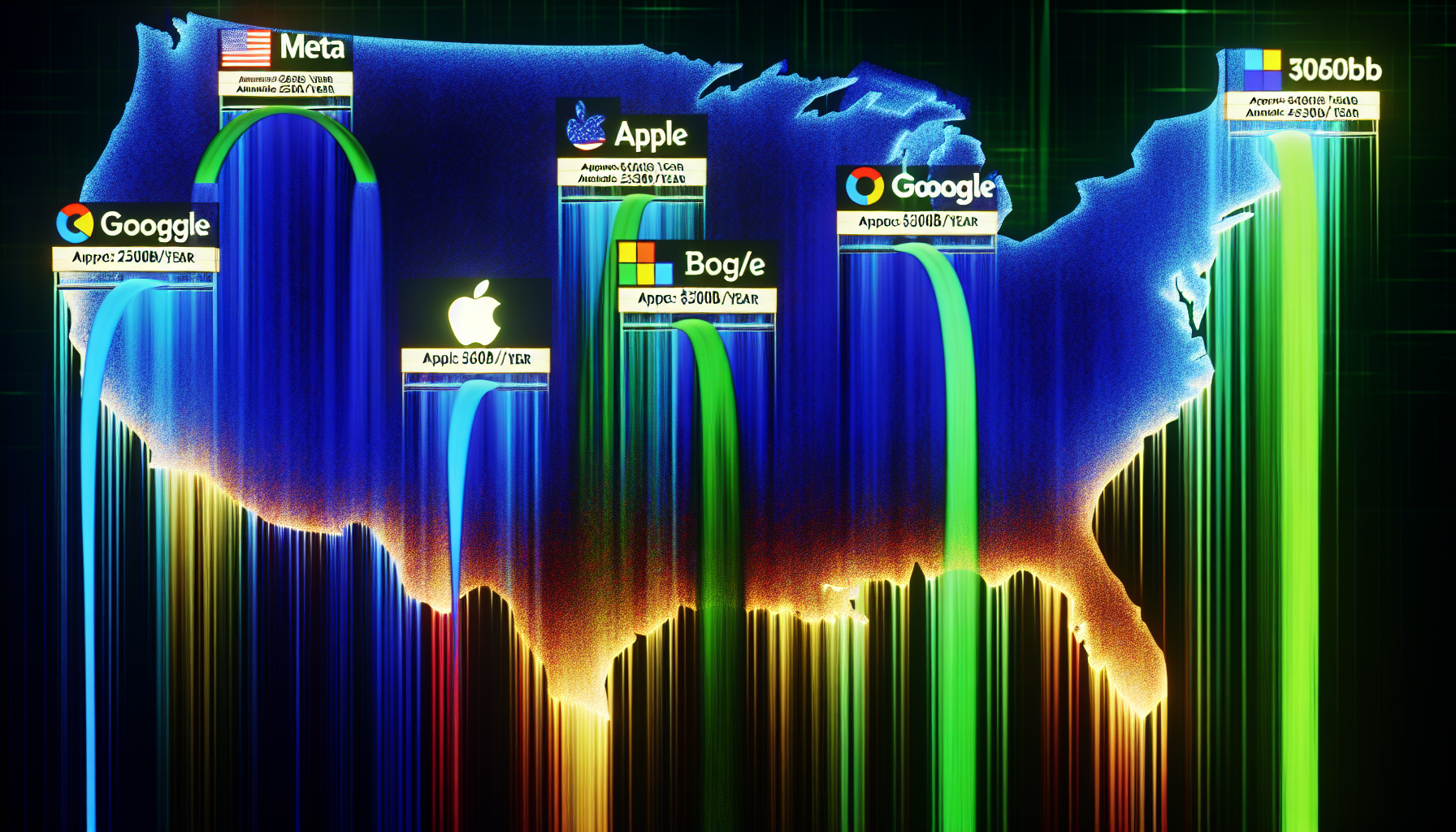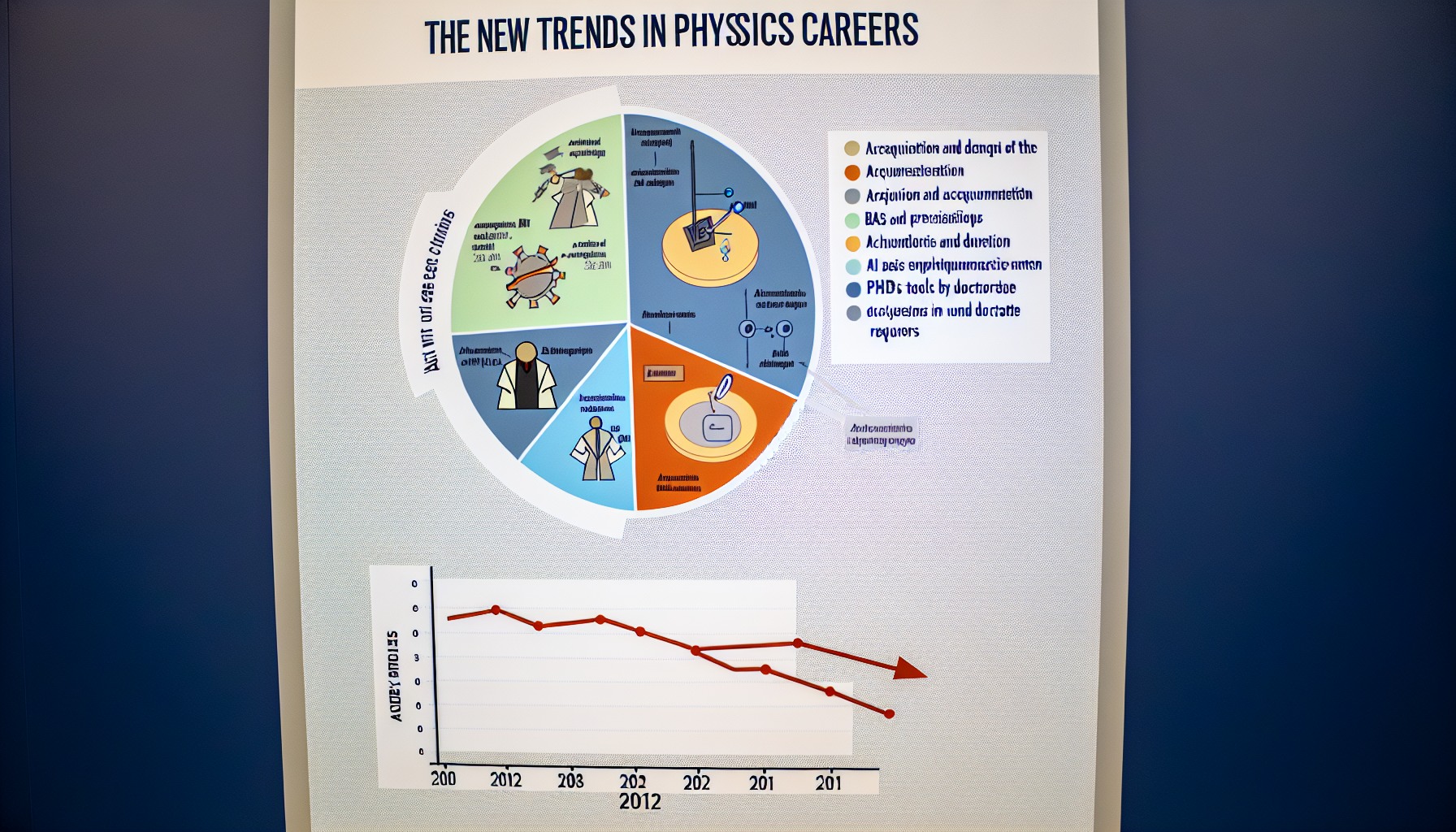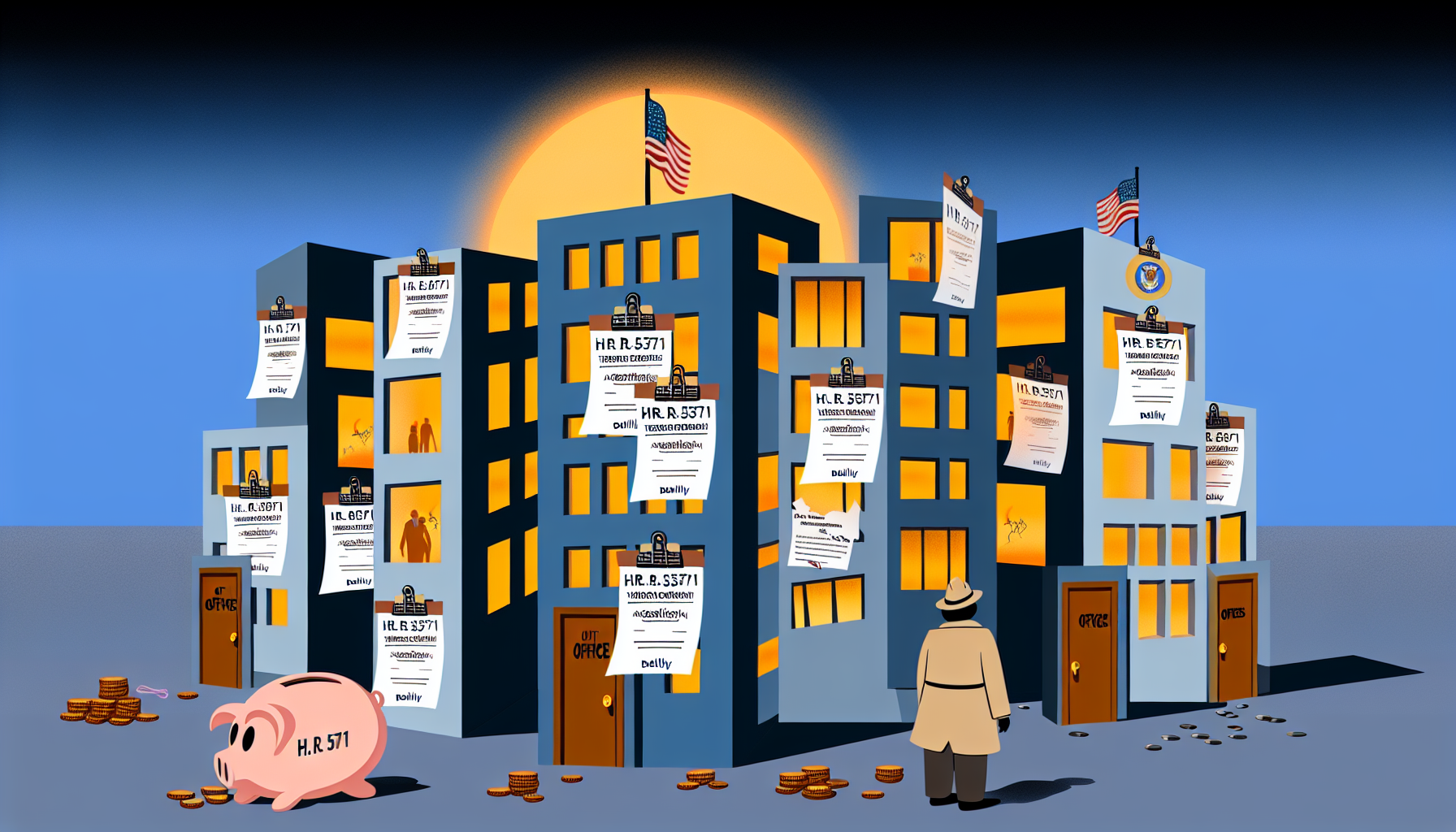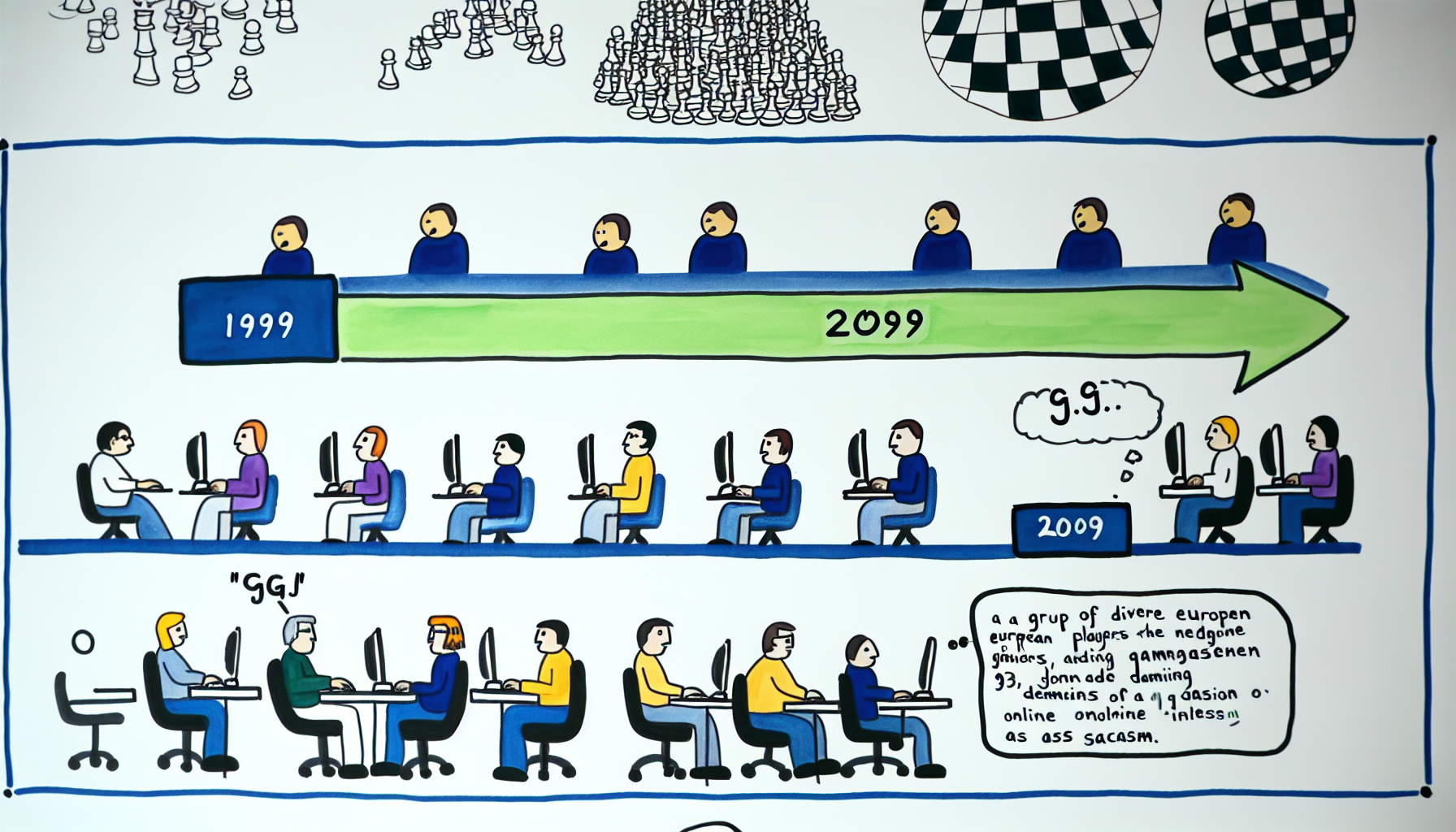At a Thursday night White House dinner on September 4, America’s tech CEOs praised President Donald Trump and announced eye-popping U.S. investment figures—headlined by $600 billion commitments from Mark Zuckerberg and Tim Cook, $250 billion from Sundar Pichai, and roughly $80 billion per year from Satya Nadella—stirring both admiration and alarm about corporate power and political influence in Washington [1][2].
Key Takeaways
– shows at least $1.45 trillion pledged by Meta ($600B), Apple ($600B), and Google ($250B) for U.S. investments at the White House dinner [2][4]. – reveals Microsoft cited roughly $80B per year in U.S. spending; if sustained four years, that implies up to about $320B more in total [2]. – demonstrates concentrated access: at least five marquee tech CEOs attended, while Elon Musk and Jeff Bezos were absent from the Thursday dinner [1][3][4]. – indicates Trump pressed each CEO to quantify U.S. investments, eliciting $600B, $600B, $250B, and $80B‑per‑year answers on the spot [2][4]. – suggests heightened risks of regulatory capture as analysts warned scrutiny could weaken amid at least $1.45T in CEO-stated U.S. commitments [2][1][5].
Inside the White House dinner
The dinner, held in the State Dining Room, functioned as a high-profile showcase of corporate-state comity. Executives including Mark Zuckerberg, Tim Cook, Satya Nadella, Sundar Pichai, Sam Altman, and Bill Gates applauded the administration’s economic and innovation agenda while offering headline investment numbers that dominated the evening’s narrative [1][3]. The atmosphere, described as unusually effusive, centered on dollar figures, not policy debate—an optic that immediately raised eyebrows among policy observers [1][5].
President Trump asked each leader for specific U.S. investment amounts, turning the dinner into an investment roll call with figures that would anchor next-day headlines. That format yielded clear topline numbers that can be compared, tallied, and tracked—though the underlying definitions and timelines varied by company and were not fully detailed in public remarks [2][4].
What the tech CEOs promised—in dollars
On investments, Zuckerberg set the bar with “$600 billion through ’28,” explicitly anchoring Meta’s figure to a 2028 horizon and emphasizing infrastructure as a target area for deployment [1][3]. Tim Cook echoed the $600 billion mark for Apple, aligning with the event’s drumbeat of quantification even as the precise time window was less clearly spelled out in reported remarks [2][3].
Sundar Pichai cited $250 billion for Google’s U.S. investment plans, extending the list of three-figure billions that defined the evening’s optics and ensuring Alphabet was prominent in the trillion-plus tally [2][4]. Microsoft’s Satya Nadella did not present a single multi-year pledge; instead, he referenced roughly $80 billion per year in U.S. spending—a recurring cadence that, if maintained over four years, would imply approximately $320 billion, though no fixed multi-year total was stated [2].
The big three numeric pledges alone—Meta’s $600 billion, Apple’s $600 billion, and Google’s $250 billion—sum to at least $1.45 trillion in CEO-stated U.S. investments, before considering Microsoft’s annualized figure [2]. The scale itself was the message: outsized, comparable numbers, delivered in rapid succession in response to a presidential prompt at a single White House table [4].
Who was in the room—and who wasn’t
Attendance underscored the extraordinary proximity of private power to public authority. Confirmed participants included Zuckerberg, Cook, Nadella, Pichai, Sam Altman, and Bill Gates, who were observed near the center of the action and, in some cases, near the president himself [3][5]. The seating dynamics, as reported, highlighted who had the president’s ear at crucial moments when numbers were being asked, answered, and amplified [5].
Equally notable were the absences: Elon Musk did not attend—and, according to reporting, was not invited—and Jeff Bezos was also missing from the guest list, shaping perceptions of which companies were in the night’s inner circle and which were not [1][4]. The roster affirmed that a handful of platforms and cloud providers—along with AI and philanthropy leaders—were the evening’s gravitational center [1][3].
Why tech CEOs’ praise matters for policy
Policy analysts warned that a spectacle of public praise from tech CEOs, backed by headline investment amounts, could recalibrate Washington’s regulatory posture in subtle but significant ways. The concern is that such displays may undermine the rigor of ongoing antitrust, privacy, content governance, and AI oversight by normalizing reciprocal goodwill between regulators and the regulated [2]. Observers also framed the event as highlighting systemic tension between corporate interests and public policy safeguards—an enduring fault line with outsized stakes in the digital economy [5].
Experts cautioned that, combined with the outsized economic footprints of the companies represented, the tone of the gathering risked further consolidating political influence in a small set of firms that already shape key public spheres—communication, commerce, compute, and, increasingly, AI infrastructure [1]. That dynamic makes metrics matter: big numbers can be wielded as political capital, potentially dulling the edge of otherwise robust oversight [2][5].
The investment math, timelines, and caveats
While the figures were clear, their comparability wasn’t. Zuckerberg’s “through ’28” provides a defined horizon, but Apple and Google’s timeframes were not publicly detailed in the same way, making direct benchmarking difficult [1][2]. Nadella’s “roughly $80 billion per year” is an annual flow, not a multi‑year commitment; if sustained through 2028, it would imply hundreds of billions more, but that extrapolation remains illustrative, not a formal pledge [2].
The $1.45 trillion minimum figure—Meta plus Apple plus Google—summarizes a subset of the room. It does not account for Microsoft’s year-on-year planned spending or additional commitments that might exist but were not specified in public reporting [2]. Nor does it reveal category-level allocations (for example, data centers, chip supply, broadband, clean energy tie‑ins, or workforce) that would allow independent tracking against stated national goals like infrastructure resilience or advanced manufacturing [1][3].
This asymmetry—precise top-line numbers with limited disclosure on definitions—creates a monitoring challenge. It invites follow‑up on scope (U.S. only vs. global), timing (front‑loaded vs. late decade), and verifiability (project announcements, filings, or local permitting that translate press-night figures into brick-and-mortar reality) [2][3]. Without that granularity, the dinner’s math reads as a political signal as much as an industrial plan [5].
The optics: loyalty theater or pragmatic dealmaking?
The evening’s tone—captured in headlines about Trump soaking up praise from the world’s biggest tech CEOs—produced an immediate perception of deference, even fealty, to presidential power in exchange for a friendlier policy climate or expedited approvals [3]. Coverage emphasized the applause lines, the proximity to the president, and the rhythm of ever‑bigger dollar figures delivered on cue [5].
At the same time, attendees and aides framed the event as investment‑focused diplomacy—an attempt to coordinate on innovation, infrastructure, and growth in a period when compute, energy, and supply chain needs require massive capital and regulatory cooperation [3]. External experts, however, warned about the optics of aligning so publicly with political power during an election‑season regulatory cycle, arguing that the choreography could chill scrutiny and narrow the policy aperture [4][1].
Wired also noted what didn’t happen: a sustained public debate on knotty issues like immigration, a core labor pipeline for tech that typically features in executive‑branch dialogues with Silicon Valley [1]. The absence of visible friction reinforced the impression that the night’s principal deliverable was not policy refinement but numerical affirmation [1][5].
What to watch next for tech CEOs and Washington
Three accountability threads now matter. First, the conversion of pledges into projects: expect follow‑up on data centers, AI clusters, chip foundry partnerships, grid upgrades, and workforce pipelines that indicate whether the dinner’s figures are being operationalized in the U.S. at the scales suggested [2][3]. Company disclosures, site announcements, and regulatory filings will be key to validating timelines and verifying U.S.-specific spending [5].
Second, the regulatory temperature. Analysts’ warnings about potential dilution of oversight will be tested as antitrust actions, privacy rulemaking, AI risk frameworks, and content moderation disputes proceed—or pause—over the next year [2]. Watch whether agencies maintain previous trajectories or recalibrate following the optics of bipartisan investment theater at the White House [5].
Third, the power map. With Elon Musk and Jeff Bezos absent from this event, and leaders like Zuckerberg, Cook, Pichai, Nadella, and Altman in the room, the practical question is which companies shape the next rounds of public‑private coordination on compute, energy, and AI. Attendee lists and seating charts sound superficial, but in Washington they often presage where dollars, permits, and policymaker attention go next [4][3][5].
Bottom line on the tech CEOs’ $1.45T moment
The dinner delivered what it set out to deliver: numbers large enough to dominate headlines, create a sense of momentum, and position tech CEOs as indispensable partners in national economic priorities. Yet the very scale that made the event newsworthy is what stoked concern among watchdogs and policy analysts. Absent fuller disclosure, the $600B/$600B/$250B/$80B‑per‑year sequence looks as much like a political instrument as a corporate plan—and that duality will define the story from here [2][1][5].
Sources:
[1] Wired – Tech CEOs Praise Donald Trump at White House Dinner: www.wired.com/story/tech-ceos-donald-trump-white-house/” target=”_blank” rel=”nofollow noopener noreferrer”>https://www.wired.com/story/tech-ceos-donald-trump-white-house/
[2] The Washington Post – Trump hosts tech titans — but not Musk — at White House: www.washingtonpost.com/business/2025/09/03/trump-tech-ceos-white-house-rose-garden/035016a2-893c-11f0-895c-97bd39cbdc59_story.html” target=”_blank” rel=”nofollow noopener noreferrer”>https://www.washingtonpost.com/business/2025/09/03/trump-tech-ceos-white-house-rose-garden/035016a2-893c-11f0-895c-97bd39cbdc59_story.html [3] People – Trump Soaks Up Praise from World’s Biggest Tech CEOs at White House Dinner: See What Each of Them Said: https://people.com/trump-soaks-up-tech-ceo-praise-white-house-dinner-11804202
[4] NDTV – Trump hosts tech CEOs for dinner at White House, Elon Musk not invited: www.ndtv.com/world-news/trump-hosts-tech-ceos-for-dinner-at-white-house-elon-musk-not-invited-9220095″ target=”_blank” rel=”nofollow noopener noreferrer”>https://www.ndtv.com/world-news/trump-hosts-tech-ceos-for-dinner-at-white-house-elon-musk-not-invited-9220095 [5] CBS News – Trump hosts Sam Altman, Mark Zuckerberg, Bill Gates and other tech CEOs at White House: www.cbsnews.com/news/trump-hosting-dinner-tech-giants-business-leaders-white-house/” target=”_blank” rel=”nofollow noopener noreferrer”>https://www.cbsnews.com/news/trump-hosting-dinner-tech-giants-business-leaders-white-house/
Image generated by DALL-E 3









Leave a Reply